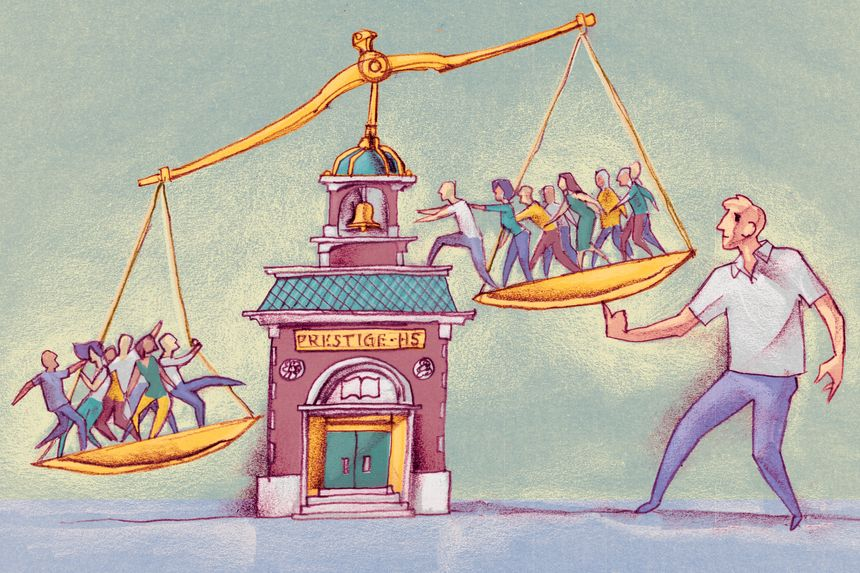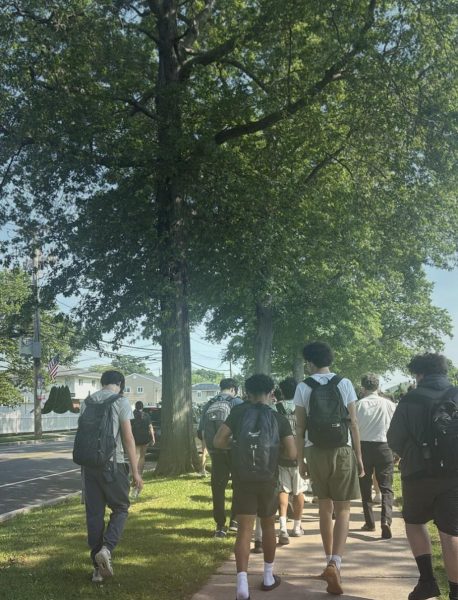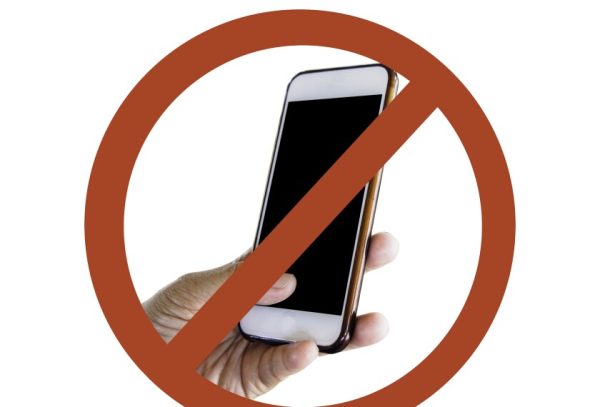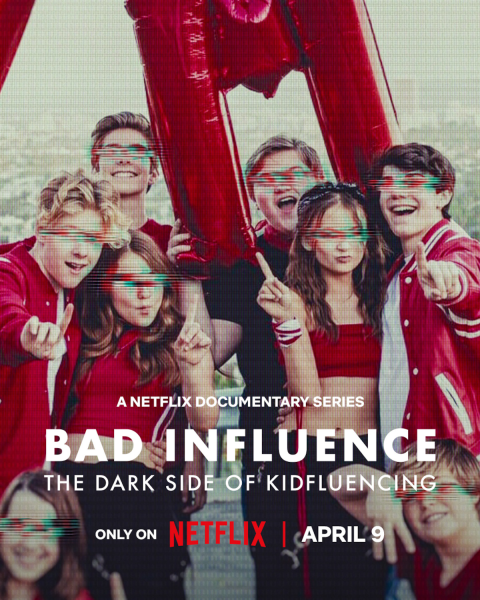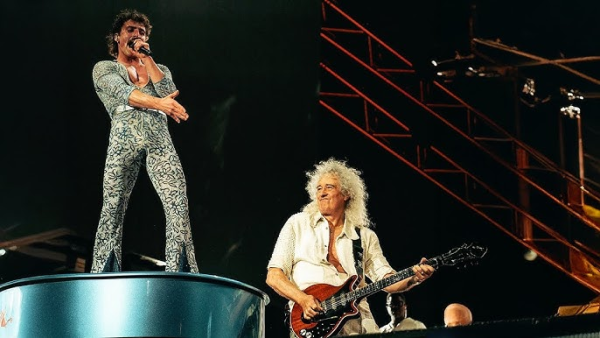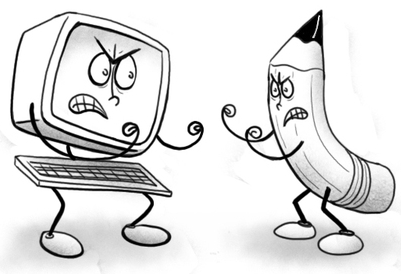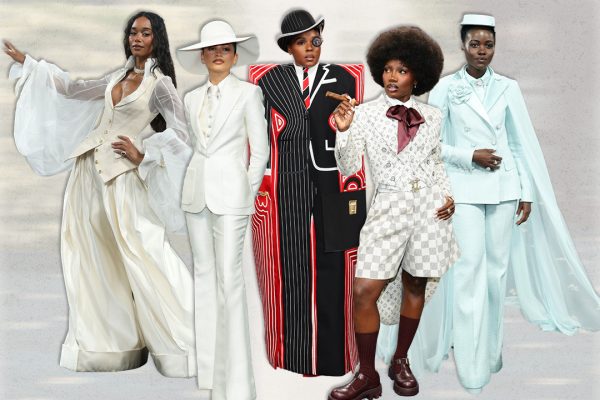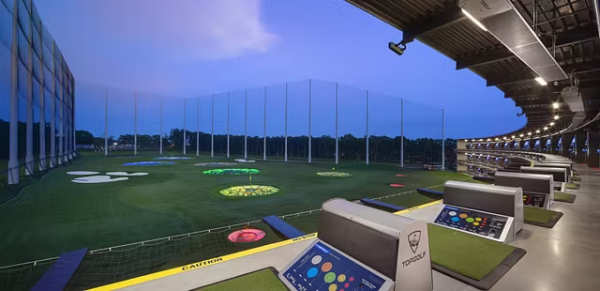Private School vs. Public School: Which is the Right Choice For You?
How do private school students feel about public schools, and vice versa?
A variety of stigmas and stereotypes concern the differences between a private education and a public one. Generally, private high schools have adopted a “stricter” stereotype, portrayed in media as possessing a stronger drive for traditional education. After all, why would parents pay for a private education if they don’t have the expectation that it’s better?
On the other hand, many parents would never even consider a private school because of the commonly held idea that public high schools allow more freedom of expression, more creativity, and overall provide an environment more fit to teach students what they need for the real world after high school.
Parents’ choices for their children’s educations are affected by the assumptions about the learning environment, but the real question remains: Do the students who actually attend these schools agree with the general public’s point of view?
Students from both public and private schools have strong opinions regarding the lifestyles of their counterparts. Many public school students tend to be grateful for the freedom of expression granted them during school hours. They have the freedom to dress how they want (without uniforms), have more freedom of speech (ex. school shows, school newspapers, school magazines, etc.) and the rules tend to be less harshly enforced. These reasons provide an interpretation that public schools are more socially advanced, more independent, and include a long list of positive attributes.
However, public school is not all positive. First of all, many argue that because public schools maintain a more “hands-off approach” when it comes to obeying rules, students are perceived to be far less disciplined. According to the U.S. Department of Education’s Institute of Education Sciences (IES), approximately “87% of public schools reported a negative impact on their students’ social-emotional development during the 2021-2022 school year” in relation to changing conditions and lack of emotional aid from the school system. Although many public schools do a phenomenal job at securing the emotional resources students need, there are still a large number that are lacking the resources to aid students in that particular area.
Some private institutions out-compete public schools because many of these more common schools are less specialized in the admissions processes associated with the nation’s most elite colleges. Elite private high schools tend to have administrators that are well acquainted and often on a first-name basis with admission officers at elite universities.
Private schools are reputed to provide a safer learning environment, a higher level of education, better behavioral control, and a more positive experience all around, making a valid argument; Why doesn’t everyone attend private school? The simple answer, finances. The average private high school in New York State costs about 20,000 to 30,000 dollars per year. Extreme financial purchases like privatized schooling, is just not a luxury the general public or most New Yorkers can afford. Individuals’ needs and personal experiences differ, meaning different students require a different education system best suited for their personal necessities.
Although parents or guardians make the final decision as to where their children will attend school, oftentimes high school students have formed their own opinions on education. Public school students and private schoolers alike, have formed strong views regarding their own schools as well as schools they’ve never even visited.
It’s obvious that an institution needs to appeal to the adults, however, it can be argued that a student’s perception is equally important. After all, the student is the one actually attending the school each day. So, let’s answer the question, How do private school and public students feel about each other? Are they jealous of each other’s lifestyle, or are they proud to have escaped that way of life? Comparing and contrasting different opinions may lead us to a self-reflection regarding our own experiences, as well as opening our eyes to others’ educational reality.
Mr. Malossi, an English teacher at Bethpage Public High School, has attended both public and private school. His overall opinion is that “public school is better than private school”.
Of course, not everyone has the same experiences, but Mr. Malossi said, “personally, my public school had stronger funding, better teachers, and wider perspectives regarding preparing us for the future.” Private school did have some advantages, including a learning process that “emphasized grammar” and maintained “stricter disciplinary action.” Although Mr. Malossi values his time at public school more profoundly, he said, “both schools prepared me for the future.” He found his love for English because both his private schools in kindergarten through seventh grades provided him “a strong linguistic foundation.”
Mr. Whittemore, another English teacher at BHS, attended public school until ninth grade. He said that before transferring to a private catholic school for his high school education, he “knew [the private school] had a certain standard, he knew it had certain rules and regulations.”
Mr. Whittemore said that although there was a “religious association” regarding the specific private school he attended, that was never his main purpose for enrollment. Since it is widely known that private schools are more “selective” and follow “stricter discipline”, Mr. Whittemore’s family decided it was the best option for him. He said, “I went there for a little more structure, my parents and I felt that maybe I was gearing down the wrong path [in public school] and I needed more structure and [my parents] accommodated that by putting me in a private institution.”
Mr. Whittemore explained that private institutions “have a certain standard to which they want to adhere.” He shared the plain fact that people who “don’t want to go to class or don’t want to get their work done are not going to last in an institution like that.”
Mr. Whittemore believes that transferring from a public education to a private one was ultimately the best decision for him—but that it totally depends on the district in which you reside.
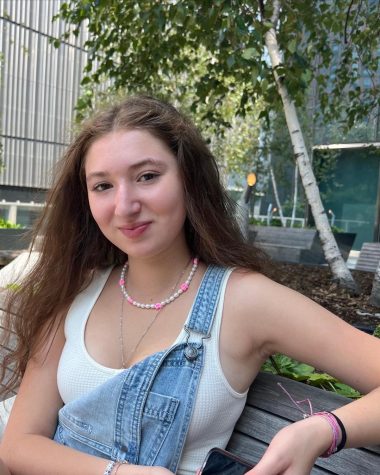
Emily Melman is a Junior at Bethpage High School. She is the News Editor of The Eagle’s Cry. She loves to travel and explore new places. One of her favorite...

